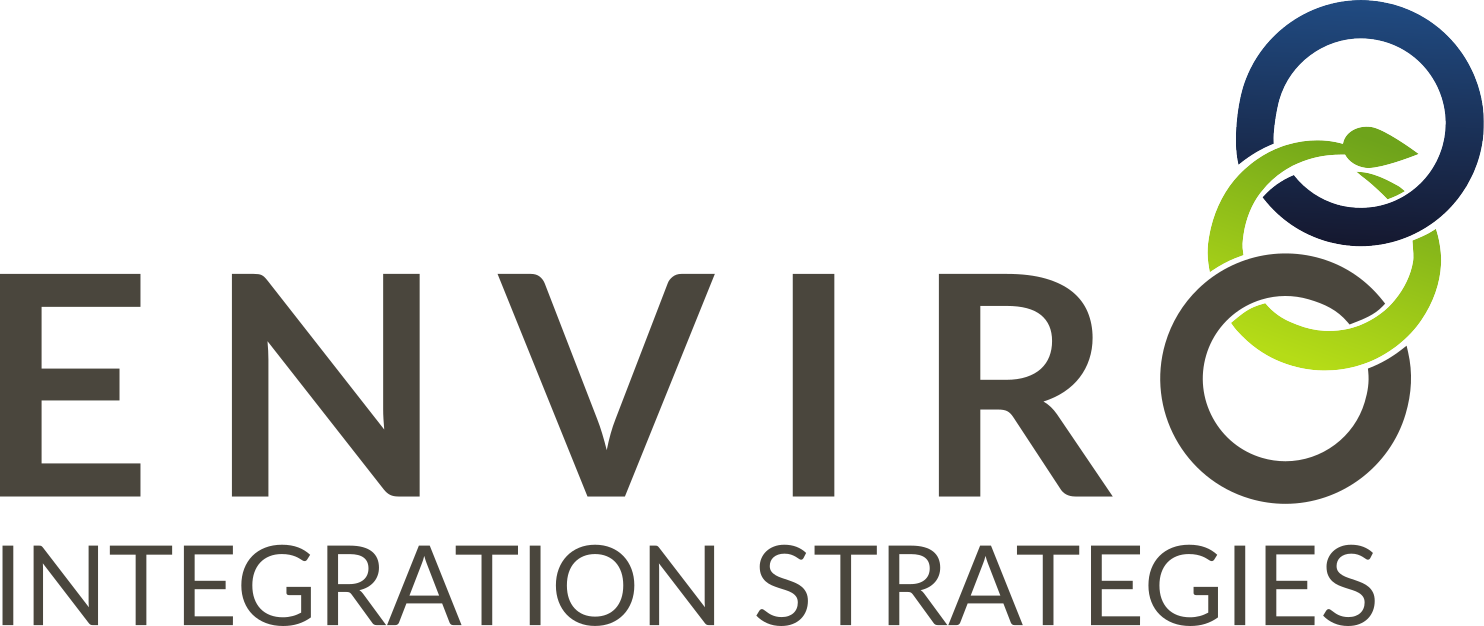Are Sector-Specific Project Challenges Really So Different?
Sustainability is a topic that is always on my mind, or rather, how we can do a better job of addressing past and current social and environmental impacts, how we might live more sustainably, and most importantly, how we might proactively plan future products and developments in a responsible, sustainable manner.
When it comes to the last point, I speak and write about this topic quite frequently, with a particular focus on the industrial sectors, an area that often causes a lot of controversy between business and the general public.
A few major things come into play to cause problems for these projects –
- Low trust for businesses within these sectors due to historic performance and failures of the extractives sectors – environmental damage caused from past practices, abandoned and un-reclaimed mine sites, and tailings dam and pipeline failures.
- Mis-information and a lack of awareness by the general public about regulatory performance requirements, and the extensive engagement and review process and approvals now needed before industrial projects proceed. As such, people are led by information distributed primarily by the media, driven by those who might disrupt impartial review processes, or yell the loudest, with constant reference to historic practices to ensure support – the opposition.
- Business, while it is getting better, does not have a great track record of external stakeholder engagement and inclusivity. Meaning, community leader input, concerns and objections are not always heard, they are under-valued, and sometimes may simply not be sought out. Or at least not until a project’s studies are much progressed.
- As a result of poor engagement, external stakeholders that might be directly impacted may not become aware of proposed developments, or understand the real and potential impacts of them, until late stages of planning and design.
So, it isn't surprising that these proposed developments face protests, delays of approvals (for example the XL Keystone pipeline), and even outright work stoppages, if construction approvals were somehow granted without gaining agreement from all external stakeholders (even landowners). This is the case for the current Dakota Access Pipeline project, if anyone has paid attention to media coverage on the protests.
I’m repeating myself, but in the extractives sector, studies have shown that up to 70% of project delays (and the costs associated with those delays) are caused by social and environmental challenges, even though there are ways to avoid these in many cases.
And having read a number of reports on causes of project failure rates in general, I would be willing to bet that these sustainability issues cause delays for other sectors as well, just perhaps to a lesser degree.
In my opinion, the issues arise from these few things:
- Managing projects where we might have a lack of understanding about relevant issues and regulatory requirements of the sectors we are working within,
- Insufficient value recognition, or lack of training, for good engagement and/or communications,
- Incomplete identification of risks and requirements, and as such – incomplete plans,
- Mis-aligned teams and stakeholders, and
- Challenges with project agility.
While the first point may not be as common, the rest are seemingly common themes within the project management community, no matter what the sector – a simple observation anyone can make from a scan of the articles and support available online to project managers.
So our challenges aren’t so different after all, are they?
Without appropriate engagement and communications, project teams are bound to miss critical requirements for their project – and as such, develop an incomplete scope to proceed. PMI’s own studies clearly show that poor requirements management (including identification of them) is a primary cause of project failure.
Without ensuring we are all well-aligned to the ultimate project goals, and to understanding when it might be okay to shift strategies to get there, we set ourselves up for failure.
Without taking a staged and iterative approach to our projects, and without a willingness to adjust scope and make alternate decisions, as more information is obtained, it is then inevitable that the ultimate goals of the project are put at risk. To borrow a term I've just learned, we need the ability to “coddiwomple”, to travel in a purposeful manner towards a vague destination.
But we like to lock in scope, to avoid the management of change, right?
I urge you to stop and think about your project’s ultimate goals.
- Have you ensured you’ve addressed all the risks and requirements to achieve success?
- Have you been willing to adapt scope as required to achieve them?
- Have you taken the time to learn what might help you achieve greater outcomes?
I'd love to hear your thoughts!
Article originally published on projectmanagement.com
A team representing various areas of expertise will be located in the exhibition hall in the “Ask the Expert” booth at the upcoming North American PMI Congress in San Diego. I’ll be there to help answer any questions you might have about sustainability, integration of these issues into project planning, and stakeholder engagement. Register here and come find me!
Can’t make it and still have questions?
Post them here, or connect with me on LinkedIn, or Twitter and send me a message that way. I’d love to hear from you!
